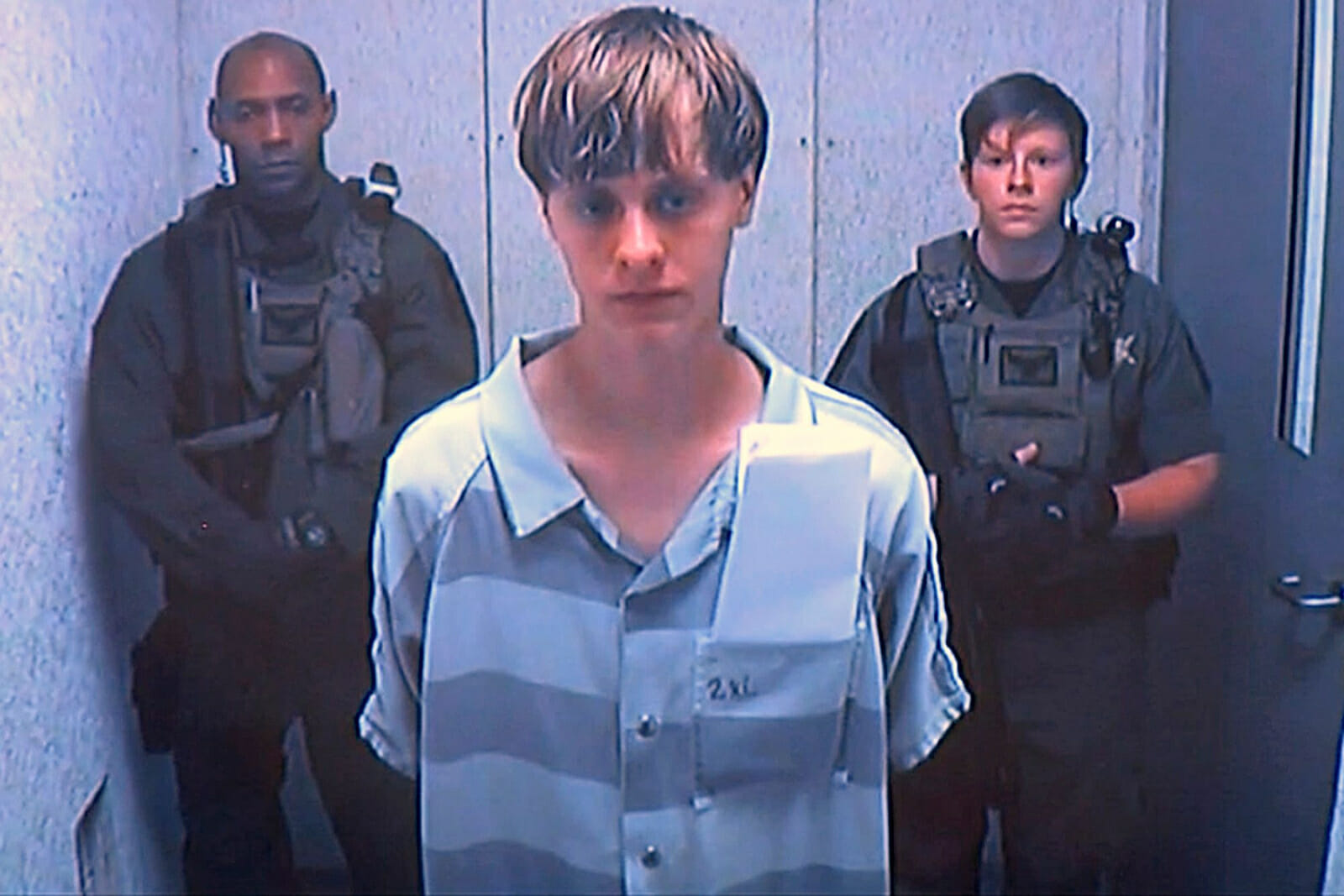
We Need To Do Better at Combating Domestic Terrorism
Six minutes. That’s all it took to change El Paso forever when a shooter entered a local Walmart and took the lives of 22 individuals on August 3, 2019. This horrific event is just one in a series of white nationalist attacks. America has a domestic terrorism problem. To counter it, we need a whole society approach. The U.S. should launch a nation-wide campaign to de-legitimize extremist ideology and partner with local communities to increase awareness of this threat.
White nationalist extremism is a growing trend. Between 2009-2018, the Anti-Defamation League estimates 73.3% of extremist-related murders in the U.S. were committed by right-wing extremists, predominantly white nationalists. In 2018 alone at least 50 people were killed as a result of domestic terrorism, nearly all linked to white nationalist extremism.
The government should lead a nation-wide campaign that engages local communities to increase awareness of extremist behavior. It should partner with the private sector and civil society. It should collaborate with tech companies to create advertisements and public service announcements to educate the public on the dangers of a white nationalist narrative. The government should partner with non-profits to develop workshops aimed at bringing awareness to communities and equipping locals to recognize and potentially report extremist behavior.
De-legitimizing violent extremist ideology addresses the root cause of the problem. This involves educating individuals to identify and challenge extremist thoughts, as well as highlighting ways to affect peaceful social change. It is not possible to prevent all terrorist acts, but de-legitimizing an ideology is the path to decreasing attacks. It helps prevent more individuals from becoming radicalized and is a way to de-radicalize those who already hold extremist views.
As there are campaigns that target disinformation, so should there be a campaign that helps to identify and discourage extremist ideology. It creates the space for the public and private sectors to explore ways to partner and share information.
It increases the resilience of local communities against extremism. It builds trust among community members. When community members are equipped with the tools to address this issue, they are more likely to work together and share information with local law enforcement.
The National Counterterrorism Center has produced an excellent booklet, Homegrown Violent Extremism Mobilization Indicators. It should be circulated throughout local communities so more individuals are aware of how to identify violent extremism. Local non-profit organizations and the Strong Cities Network, a global network of member cities that share best practices on how to combat violent extremism, should lead the way.
The campaign should not just target local communities, but also encourage social media companies, such as YouTube, to adjust their algorithms to broaden the content a viewer sees. This would help prevent individuals from hearing only one narrative. In response to recent events, technology companies have already begun making changes to their platforms. They are likely to respond positively to a campaign on countering violent extremism. Cooperation with the government will help guide how companies counter extremism on their platforms so there is a more methodical, unified approach.
Some would argue that such a campaign is not feasible and could even incite more violent extremism. But this doesn’t have to be the case. The campaign could be paired with the “See Something, Say Something” campaign which has been effective at reaching individuals throughout the United States. Further, focusing on education keeps a campaign positive and open to all listeners. Rather than overtly attacking the legitimacy of extremist ideology, the campaign would focus on encouraging individuals to identify thoughts and habits that are indicative of extremism, such as accepting violence as a legitimate means to achieve political or ideological goals.
Such a campaign will not stop all terrorist attacks, but it will help build the infrastructure needed to reduce domestic terrorism. We can keep all citizens safer with a whole society approach. Let’s work together to counter this threat.

